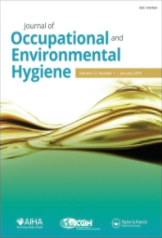 Earlier this year, an environmental journal told an activist group it was going to retract a study about the safety of roofing products made from asbestos. Now the journal has let the authors withdraw the paper — a different process, according to the journal.
Earlier this year, an environmental journal told an activist group it was going to retract a study about the safety of roofing products made from asbestos. Now the journal has let the authors withdraw the paper — a different process, according to the journal.
The move follows multiple letters from critics asking to retract a study, which found exposure to asbestos-containing roofing products to be within safe limits. The study’s critics claimed that it contains multiple problems, including not declaring the approving editor’s links with the asbestos industry, grouping together different materials with varying levels of asbestos exposures, and providing misleading information.
Although the Journal of Occupational and Environmental Hygiene (JOEH) initially said it planned to retract the paper, last month, Stephen Reynolds, president of JOEH’s board of directors, sent a letter to Kathleen Ruff, director of the organization Right On Canada, saying plans had changed: Continue reading A journal said it would retract a paper about asbestos — now it’s “withdrawn.” What changed?

 Circumcision is a hot topic. So hot, questions about a reviewer’s potential conflict with the author of an article promoting circumcision prompted a journal editor to resign, and one academic to call another a “fanatic.”
Circumcision is a hot topic. So hot, questions about a reviewer’s potential conflict with the author of an article promoting circumcision prompted a journal editor to resign, and one academic to call another a “fanatic.” 
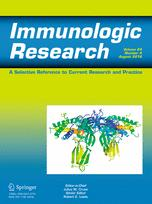
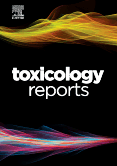
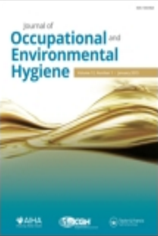
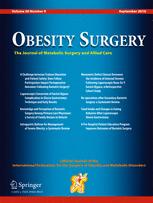 With retraction notices
With retraction notices 